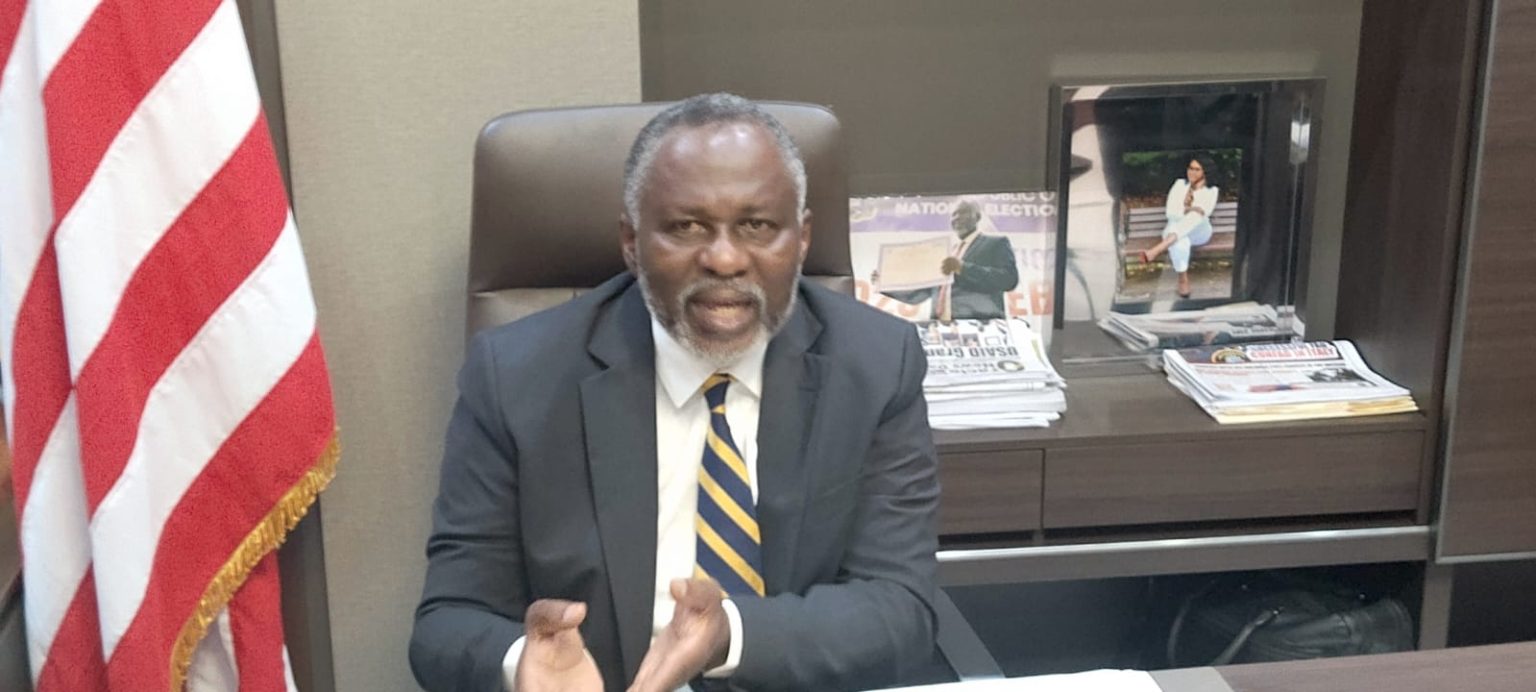The Liberian Senate’s decision to recognize a majority bloc of lawmakers who ousted Speaker J. Fonati Koffa has sparked vehement opposition from two prominent senators, Nathaniel F. McGill and Augustine Chea. The Senate’s decision, announced by Pro-tempore Nyonblee Kangar-Lawrence, upholds an interpretation by Justice Minister Oswald Tweh that legitimizes the majority bloc’s actions. This interpretation, however, has been met with strong criticism, particularly from Senators McGill and Chea, who argue that it sets a dangerous precedent for undermining the rule of law and potentially inciting chaos.
Senator Chea, Chair of the Senate Judiciary Committee, outright rejected the Senate’s reliance on the Justice Minister’s opinion, asserting that the Senate should not base its decisions on interpretations of Supreme Court opinions. He emphasized the need for adherence to established legal processes and expressed concern over the implications of legitimizing actions that appear to contravene established norms.
Senator McGill echoed these concerns, condemning the Senate’s decision as an endorsement of the “greed” of certain individuals, hinting at ulterior motives behind the Speaker’s removal. He argued that the decision sets a dangerous precedent by enabling citizens to disregard the law, warning that such actions could have far-reaching consequences. McGill further criticized the Executive branch for its perceived complicity in the crisis, alleging that its failure to manage the situation effectively contributed to the constitutional violation. He also questioned President Boakai’s potential response to public dissent, raising concerns about the possible use of force against protesters.
Senator McGill’s remarks further underscored his disapproval of the Executive branch’s handling of the situation. He interpreted the Justice Minister’s interpretation as legally unsound and expressed concern about the precedent set by the Senate’s endorsement of this interpretation. He questioned the long-term implications of such decisions for the rule of law and democratic processes within Liberia. Furthermore, he drew a parallel between the current situation and previous instances where individuals were sanctioned for undermining democracy, hinting at the potential for international repercussions.
Adding to the complexity of the situation is Senator McGill’s status as a U.S.-sanctioned individual, highlighting the international dimension of the political crisis. His invocation of potential international scrutiny, particularly from the United States, suggests the possibility of broader consequences stemming from the internal political dispute. This adds another layer of pressure on the Liberian government and underscores the international community’s interest in the country’s political stability and adherence to democratic principles.
The ongoing dispute within the Liberian legislature represents a significant challenge to the country’s democratic processes. The divergent opinions within the Senate, particularly the strong opposition voiced by Senators McGill and Chea, expose deep divisions within the government and raise serious questions about the rule of law and the potential for escalating political instability. The situation warrants close observation as it unfolds, given the potential for further political turmoil and the possible involvement of the international community.














